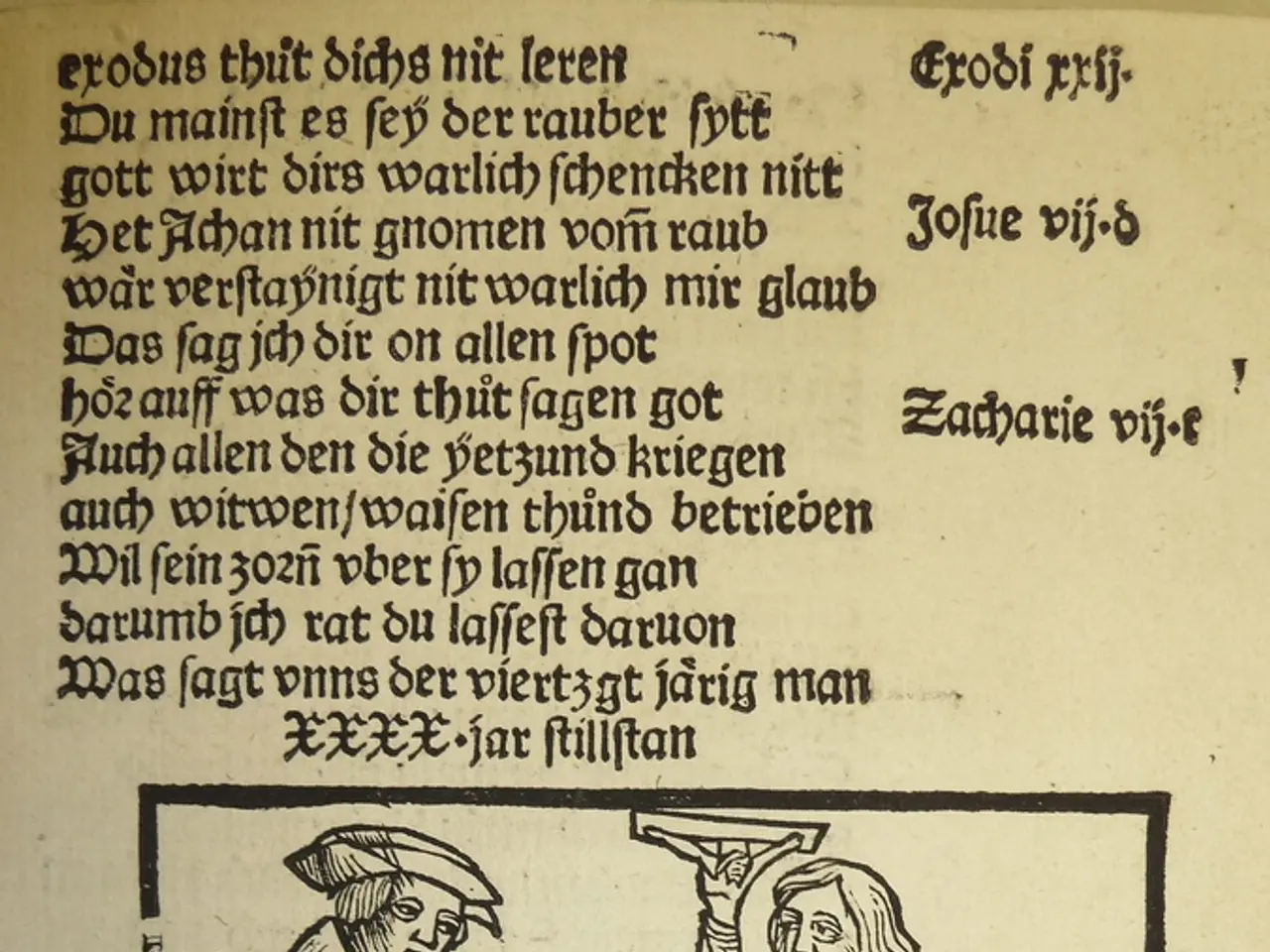Achieve Easier-to-Understand Essays? Consult with a High School Pupil.
Demystifying Language Project Empowers Students and Makes Academic Research Accessible
The Demystifying Language Project (DLP) recently held a three-day writing workshop, bringing together 24 high school and undergraduate students to make academic research on language and power more accessible and engaging. The event, which was part of the DLP's research and social justice initiative, was held in 2023 and featured collaborations between authors, professors, and students.
The DLP's unique approach flips traditional power dynamics, treating high school students as experts in their own reading experiences. This model, inspired by the Central American concept of "accompaniment," fosters interactions where everyone brings their own expertise to the shared project.
One of the workshop's activities was the creation of 90-second "elevator pitches" by student teams. These pitches summarized academic articles, focusing on the main idea, research methods, an ethnographic story, and the "so what" message. The authors, including Barbra Meek, were nervous to give their elevator pitches but were judged based on what was interesting and clear to the students. The process helped distill complex research into clear, concise messages.
Students also asked a lot of questions and made suggestions during the process. This student-led feedback further empowered them as key stakeholders in making research accessible. The workshop concluded with a call for empathy towards undocumented students and immigrant children, and a suggestion to break through polarizing debates about immigration by listening to their experiences.
The DLP is co-directed by six interdisciplinary scholars, including Ayala Fader, Lynnette Arnold, Justin A. Coles, Britta Ingebretson, Mike Mena, Johanna S. Quinn, and Bambi B. Schieffelin. The insights gained about language, culture, and power went beyond the academic content of the workshop and came out of efforts to dismantle educational hierarchies that are reinforced through language.
Several students, including Athalia McCormack from the Bronx and Danna Rojas from Fordham University, delivered their own versions of elevator pitches the next day, receiving enthusiastic applause and appreciation. The personal connection of the presented work drew the students into the pieces because they recognized that racist judgments about language could impact them too.
The process of making academic writing more accessible was referred to as "transposition" by linguistic anthropologist and DLP co-director Mike Mena. The workshop aimed to make academic writing more accessible to public audiences, particularly in linguistically and racially diverse contexts like New York City.
In her DLP essay, Sharese King analyzed the trial of George Zimmerman, who was acquitted of killing Trayvon Martin, and discussed how jurors largely disregarded the testimony of a key witness, Rachel Jeantel, because she used African American Language or "Ebonics" on the stand. The workshop also shared a story about a fifth-grade student named Aurora (a pseudonym), who avoided talking about immigration in school due to concerns about her undocumented family members.
By using innovative approaches such as flipped power dynamics, interactive workshops, social media engagement, elevator pitches, and student-led feedback, the DLP breaks down academic hierarchies, making research more inclusive and engaging for young audiences. The final short essays that resulted from the workshop now appear on the DLP website as an open-access educational resource for all to use.
Education-and-self-development was evident as students actively participated in the Demystifying Language Project's workshop, where they learned to distill complex academic research into concise elevator pitches. This lifelong-learning experience empowered them as key stakeholders in making such research accessible, fostering a culture of learner-centered education.




